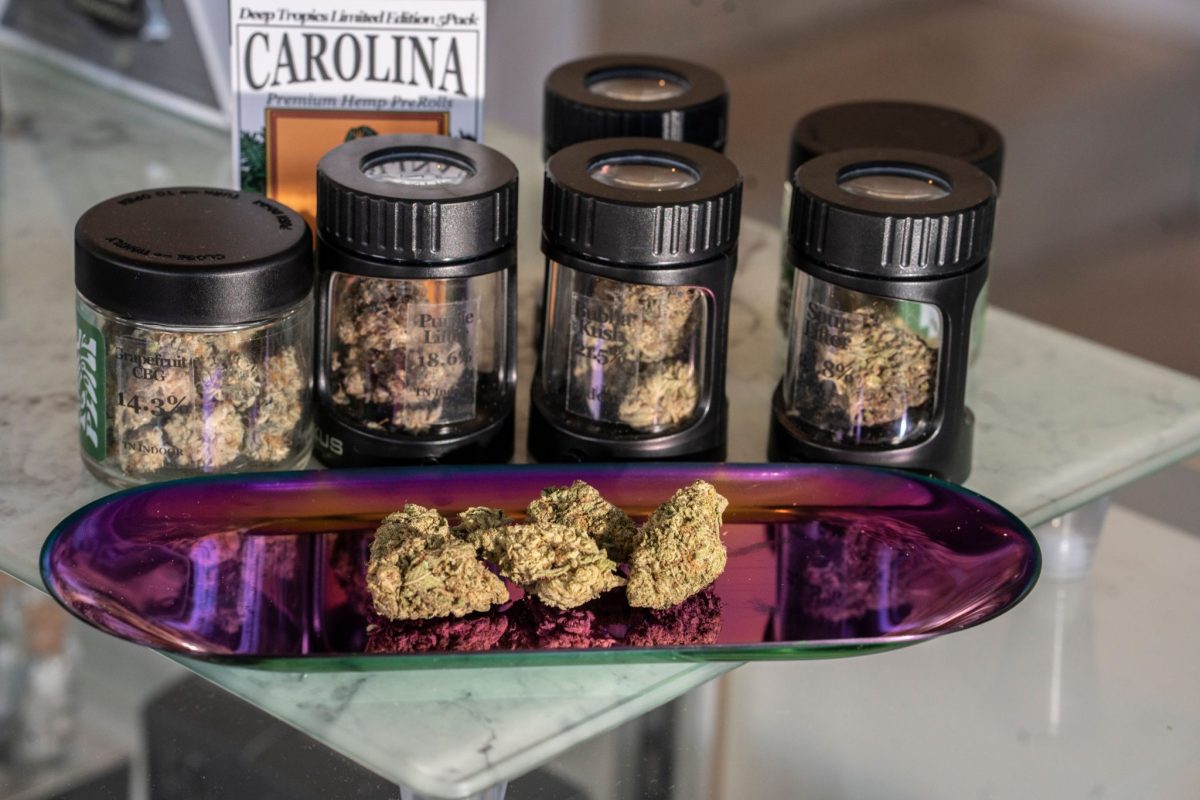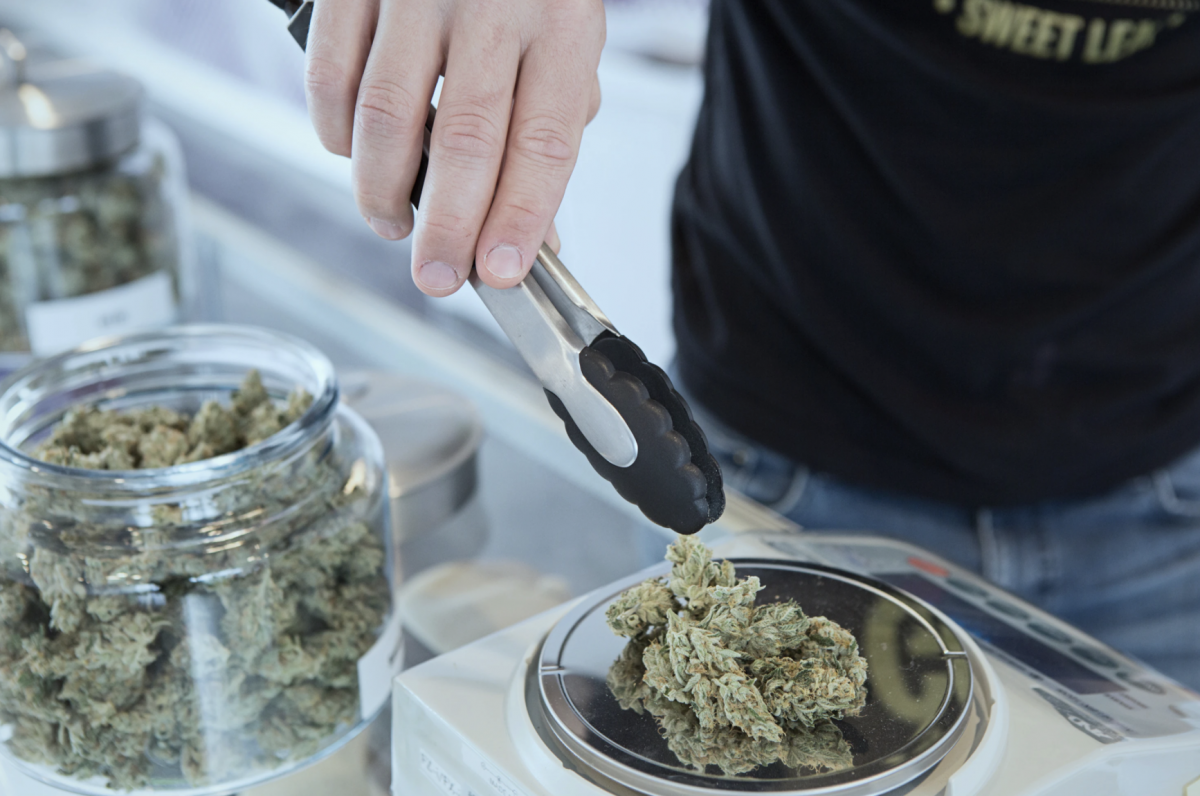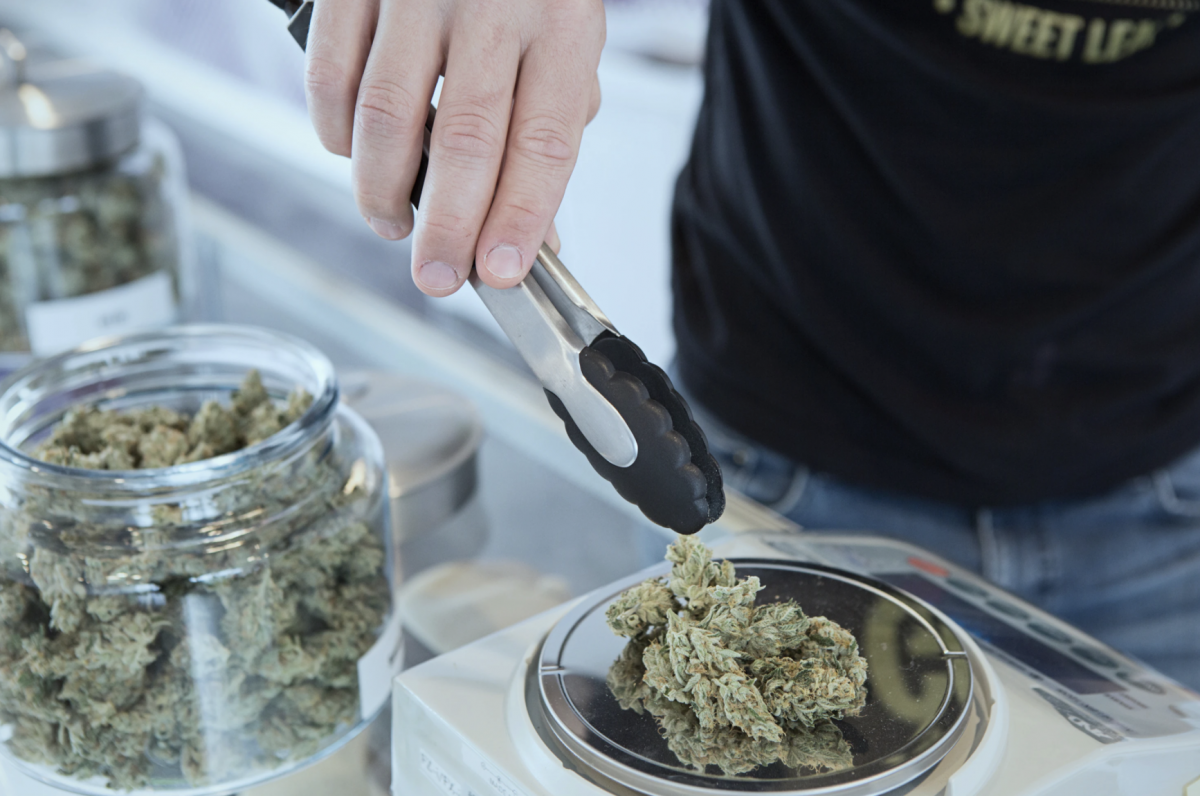The sale of popular hemp products will remain legal in Tennessee until at least June, when a legal challenge to state rules that would outlaw many best-selling products goes to trial in Nashville.
The decision represents a six-month reprieve for Tennessee’s burgeoning hemp industry, which has grown to an estimated $280 million to $560 million in annual sales since the products were legalized nearly six years ago, according to industry survey data.
In dispute are rules, formulated by the Tennessee Department of Agriculture, to require new testing of hemp products for so-called delta-9 THC.
Two industry groups, the Tennessee Growers Coalition and the Tennessee Healthy Alternatives Association, argued the rules, set to go into effect Dec. 26, represented agency overreach and would lead to the ban of products that have not been outlawed by the Tennessee General Assembly.
Tennessee hemp industry makes last-minute legal bid to halt rules banning popular products
State attorneys argued the agriculture agency is well within its rights to set certain limits on chemicals found in hemp.
Days before the rules were set to take effect, Davidson County Chancellor I’Ashea Myles issued a temporary injunction until Feb. 18. That injunction will now remain in effect until trial, scheduled for June 5.
Hemp is a cannabis plant that has been legally available in Tennessee since the Legislature first approved its production, possession and sale in 2019.
It’s distinguished from marijuana by its concentration of a compound known as delta-9 THC. Cannabis with a concentration of less than 0.3 percent delta-9 THC is defined as legal hemp in Tennessee — and federally. Cannabis with concentrations greater than .3 percent is classified as marijuana and is illegal to grow, sell or possess in Tennessee.
Hemp flowers also contain THCA, a nonintoxicating acid that has not been outlawed in Tennessee. When heated or smoked, however, the THCA in the plant converts into delta-9 THC — an illegal substance in Tennessee when it is present in greater than trace amounts. The new rules would require testing for the delta-9 THC produced when THCA is heated.
Tennessee Lookout is part of States Newsroom, a nonprofit news network supported by grants and a coalition of donors as a 501c(3) public charity. Tennessee Lookout maintains editorial independence. Contact Editor Holly McCall for questions: info@tennesseelookout.com.



